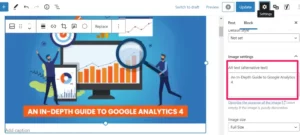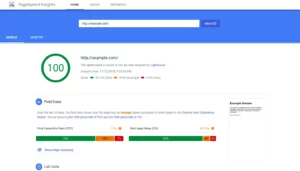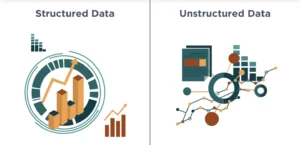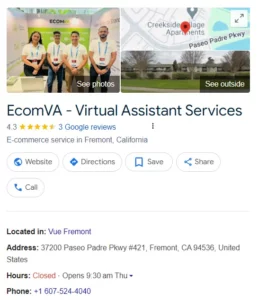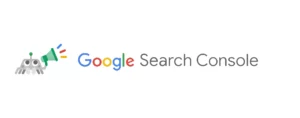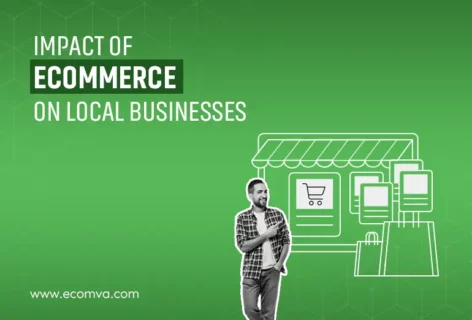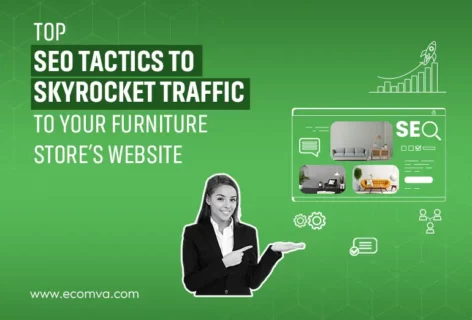Mastering Shopify SEO in 2024: From Beginner to Pro
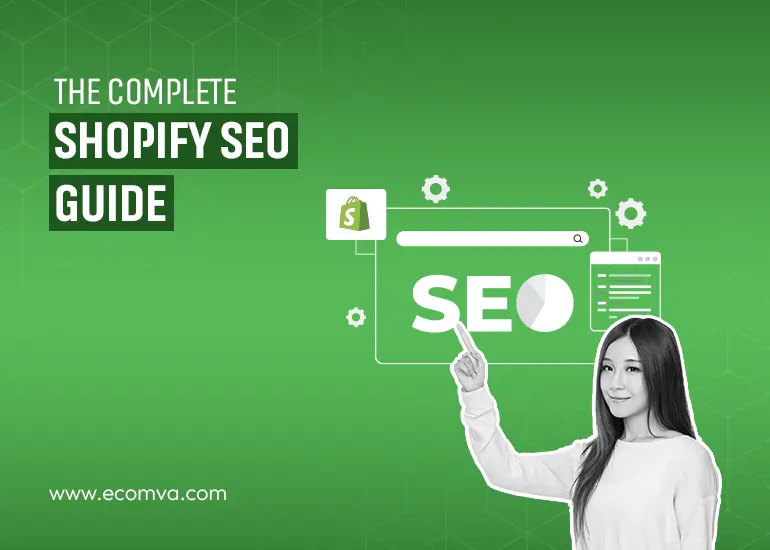
In 2024, simply having a Shopify store isn’t enough. The question isn’t whether your store has the right products, but whether potential customers can find you amidst the vast digital marketplace. In an era where over 80% of online journeys start with a search engine, your visibility on platforms like Google is crucial. This is where Shopify SEO comes into play. Imagine doubling your store’s traffic and sales just by tweaking a few elements on your site. This guide will walk you through the most effective SEO strategies for Shopify in 2024 that you should follow. Now, let’s begin:
Understanding Shopify SEO Basics
Shopify SEO is the key to making your store discoverable in a crowded market. But what exactly does it entail? At its core, Shopify SEO involves optimizing your store’s structure, content, and overall performance to align with search engine algorithms.
By doing so, you can increase your rankings, attract more visitors, and convert those visitors into customers. The process begins with thorough keyword research which is a critical component of any Ecommerce SEO strategy. Understanding what your target audience is searching for, allows you to craft content that meets their needs and captures their attention.
How can You Optimize On-Page SEO for Shopify Stores?
On-page SEO is typically all about refining or optimizing individual pages on your Shopify store with the aim to make those more search-engine-friendly. Now, how can you ensure that your pages are effectively optimized for maximum visibility? Well, for this, there are some important tips that you should follow, which are as follows:
Make Sure that Title Tags and Meta Descriptions Optimized
Incorporating primary keywords in your title tags and meta descriptions is essential. For example, a product page for a high-end camera might use a title like “Top-Rated DSLR Cameras 2024 | Shop Now for Professional Quality.” The meta description should succinctly highlight key features and include a compelling call to action. In order to get related aid, you can choose the best Ecommerce SEO service.
Use Headings Effectively
Properly structured headings (H1, H2, H3) not only enhance readability but also improve SEO. The main title of your page should use an H1 tag, with subsequent sections organized under H2 and H3 tags to clearly define content hierarchy.
Ensure that Image Optimization is on Point
Every image should have a descriptive file name and alt text. For example, instead of “IMG_1234.jpg,” use “luxury-leather-handbag-2024.jpg,” with alt text that reads “Premium luxury leather handbag for 2024 collection.”
Maximize Internal Linking
Internal links help distribute page authority and guide visitors to other relevant parts of your store. A blog post on skincare tips could link to your best-selling moisturizers, for instance.
Make Product Descriptions Unique and Keyword-Rich
You should avoid the common pitfall of using generic or duplicate content for product descriptions. In this regard, it is always a good idea to tailor each description with unique, detailed content that naturally incorporates your target keywords. Partnering with a Shopify SEO expert can further refine your content strategy and ensure optimal results.
What Technical SEO Strategies Can Boost Your Shopify Store?
Technical SEO is something that helps in making sure that your Shopify store is running smoothly behind the scenes. But what steps can you take to enhance this aspect? Let’s find out in detail in the following section:
Focus on Site Speed
A fast-loading website is crucial for both user satisfaction and search rankings. Due to this reason, you should consider compressing images, using a content delivery network (CDN), and minimizing scripts to speed up load times. An SEO virtual assistant can help you monitor and implement these speed enhancements, ensuring your site remains quick and efficient.
Make Your Store Mobile-Friendly
With the majority of online shopping now done on mobile devices, your Shopify store must be responsive. So, all that you need is to check that your site adjusts seamlessly across different screen sizes and that buttons are easily clickable on mobile.This will enhance user experience and boost mobile search rankings.
Use Structured Data
Implementing structured data (or schema markup) helps search engines better understand your content. This can lead to rich snippets in search results, like product ratings or pricing details, making your listings more attractive to potential buyers.
Make Sure that Have an SSL Certificate
An SSL certificate (HTTPS) is non-negotiable in 2024. Not only does it protect your customers’ data, but it also boosts your rankings on Google.
Ensure that Your URL Structure is Clean and Descriptive
Simplified URLs make it easier for search engines to index your site. So, all that you need is to replace complicated URLs like “www.yourstore.com/product?id=9876” with “www.yourstore.com/premium-leather-wallet.” A clean and descriptive URL structure is crucial for effective Shopify store management and can significantly improve your SEO performance.
How Do You Build High-Quality Backlinks for Your Shopify Store?
Backlinks tend to play a key role in establishing authority. But, you may be doubtful about how you can effectively build high-quality links. Well, let’s find this out in detail here:
Guest Blogging is a Great Option
Writing guest posts for industry-relevant blogs can drive traffic and generate valuable backlinks to your store. But, you should focus on providing insightful content that naturally includes links to your products.
Influencer Partnerships Aids in Boosting Your SEO
Partnering with influencers allows you to reach a wider audience and secure quality backlinks. When an influencer links to your store, it signals credibility to search engines.
Content Marketing Helps in Backlink Building
You should focus on creating content that others will want to link to, such as comprehensive guides, infographics, or original research. For instance, a well-researched article on sustainable fashion trends could attract backlinks from eco-friendly lifestyle blogs.
Online Directories allows You to List Your Store
It is essential to ensure that your store is listed in reputable online directories, where consistent and accurate business information can lead to more backlinks. Not only that, but these also result in improved local search visibility.
How does Content Marketing Fuel Shopify Store SEO?
Content marketing is more than just a buzzword these days. It is considered to be a powerful tool for SEO. But how exactly does it work?
Blogging
Consistently publishing blog posts on relevant topics can drive organic traffic. If you sell kitchen appliances, you should consider writing about recipe ideas, cooking tips, or product comparisons. Make sure to reach out to a reputed Ecommerce SEO company to receive best assistance.
Product Guides
Comprehensive product guides that include target keywords can help both your customers and your SEO. These guides should be informative and optimized for search engines.
User-Generated Content
Encouraging reviews and social media shares from your customers provides fresh content that can boost your store’s SEO performance.
Video Content
Videos are highly engaging and can enhance your SEO efforts. From product demos to customer testimonials, video content should be optimized with relevant keywords in titles, descriptions, and tags.
Local SEO for Shopify Stores
If your Shopify store targets a specific geographic area, local SEO is essential for attracting nearby customers. Let’s find out how you can improve this aspect for your Shopify store:
Claim Your Google Business Profile
Optimizing your Google Business Profile is a must. You should essentially make sure that your business details, like address and hours, are up-to-date. Also, you should encourage customers to leave reviews to boost your local search rankings.
Use Local Keywords Effectively
Local keywords should be naturally incorporated into your site’s content. For example, if you are a bakery in Los Angeles, you can make use of phrases such as “artisan bread LA” or “Los Angeles bakery.”
Make Sure that Your NAP (Name, Address, Phone) is Consistent Across the Web
Consistency is key for local SEO. So, you should make sure that your NAP information is the same on your website, social media profiles, and any online directories.
Focus on Building Local Backlinks
Partnering with local businesses or bloggers can help you acquire high-quality local backlinks, which are vital for improving your store’s local search visibility.
How do You Measure and Improve Your Shopify SEO Performance?
Tracking and optimizing your SEO efforts is crucial for success, but what tools and techniques should you use? Let’s find out:
Google Analytics
Google Analytics provides valuable insights into your store’s traffic, bounce rates, and conversion metrics. You can use this data to identify which pages are performing well and where improvements are needed.
Google Search Console
Google Search Console offers detailed reports on your store’s search performance, including keyword rankings and click-through rates. This information is essential for fine-tuning your SEO strategy.
SEO Tools
Tools like Ahrefs, SEMrush, and Moz are proven to be invaluable for analyzing your backlink profile, tracking keyword rankings, and monitoring competitors. These insights can help you stay ahead in the SEO game. To reap most out of these tools, all that you need is to choose the best Ecommerce SEO services.
A/B Testing
You should focus on experimenting with different SEO elements like meta descriptions or page layouts and use A/B testing to see what works best. Continuous testing and refinement are key to improving your store’s SEO performance.
Continuous Optimization
SEO isn’t a one-and-done task. Regularly update your content, optimize new product pages, and stay informed about the latest SEO trends and algorithm changes to keep your store competitive.
Final Thoughts
So, in 2024, mastering Shopify SEO is no longer optional. It has turned out to be a necessity to ensure Ecommerce success. By implementing the strategies that are outlined in this guide, you would be able to considerably improve your store’s visibility and performance. From understanding the basics to optimizing SEO, technical SEO, building high-quality backlinks, and leveraging content marketing, every step is crucial.
Whether you are just starting or looking to refine your approach, investing in comprehensive Ecommerce SEO packages can provide the expertise and tools needed to stay competitive. Remember, SEO is an ongoing process; continuous measurement and refinement will keep your Shopify store ahead of the curve and poised for growth.


